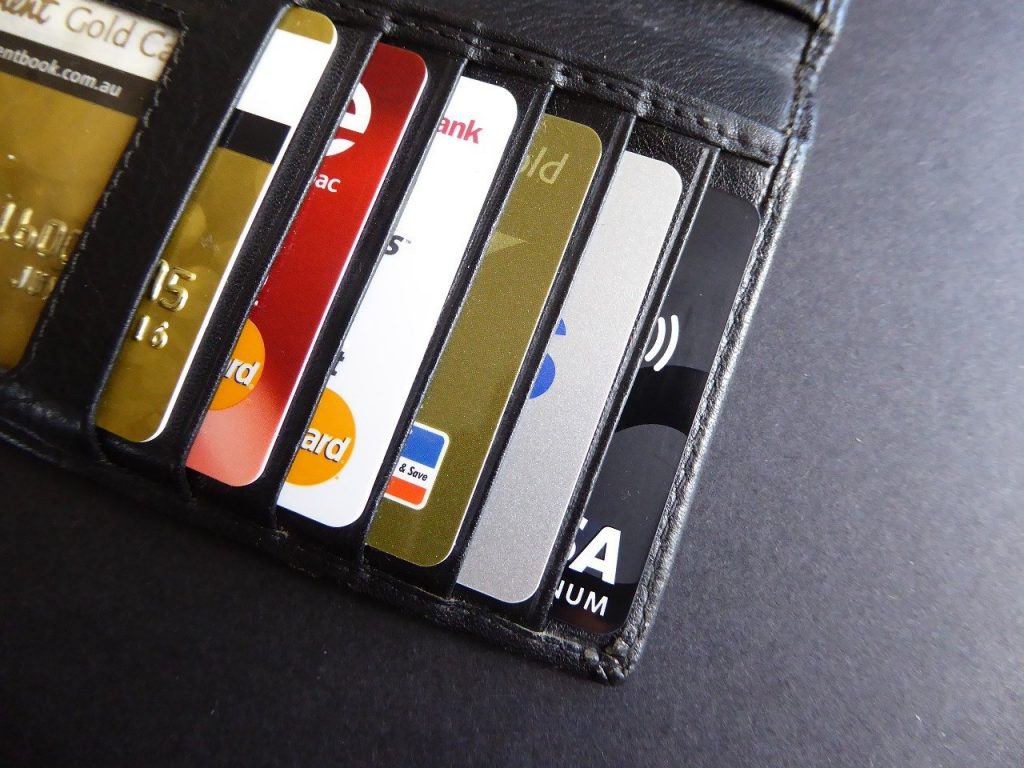Banks reveal that from 15 October, the spending limit on transactions with a contactless payment card is rising from £45 to £100.

At the beginning of the coronavirus pandemic, the maximum amount rose to its current level from £30, and plans for a further raise were announced in the Budget.
Almost two thirds of all debit card transactions are paid using contactless technology.
However, some people fear that increasing the limit could result in higher levels of crime.
Contactless card payments were first introduced in 2007 with a transaction limit of £10. Cards used in this way typically replaced small change for low level purchases such as snacks and newspapers. Since then, the limit has risen gradually to £20, then £30 in 2015.
A response to Covid
The Covid pandemic accelerated people moving away from cash payments. Many stores encouraged shoppers to use contactless to reduce instances of staff coming into close contact with customers. In response, the government quickly increased the limit to £45 and announced plans for another raise to £100.
Banks say it will enable people to easily pay, without needing a Pin, when filling up the car or on shopping trips.
However, it may take some time for the new limit to come into effect at all retailers. This is because of the amount of terminals that will need updating to accept the new threshold.
Meanwhile, Chancellor Rishi Sunak says, “Increasing the contactless limit will make it easier than ever to pay safely and securely. As people get back to the High Street, millions of payments will be simpler, providing a welcome boost for retailers and shoppers”.
Concerns about crime
While the increase in spending limit is generally seen as a good thing, there are concerns that the next rise will tempt criminals to steal more cards.
According to security and crime experts, credit and debit cards are “hot property” for criminals. They believe raising the contactless limit will make “card theft more attractive”. It could potentially increase crimes as people find ways to acquire cards they can use fraudulently. This includes snatch theft of wallets, home and vehicle break-ins and hold-up robberies.
They add that “past experience suggests it could attract new cohorts of teen criminals who are more likely to progress to extended criminal careers, with implications for longer term crime rates”.
Thank you for reading Contactless limit increasing to £100 in October

Looking for additional living space or somewhere quiet to work from home? Look no further – Log cabins at affordable prices.